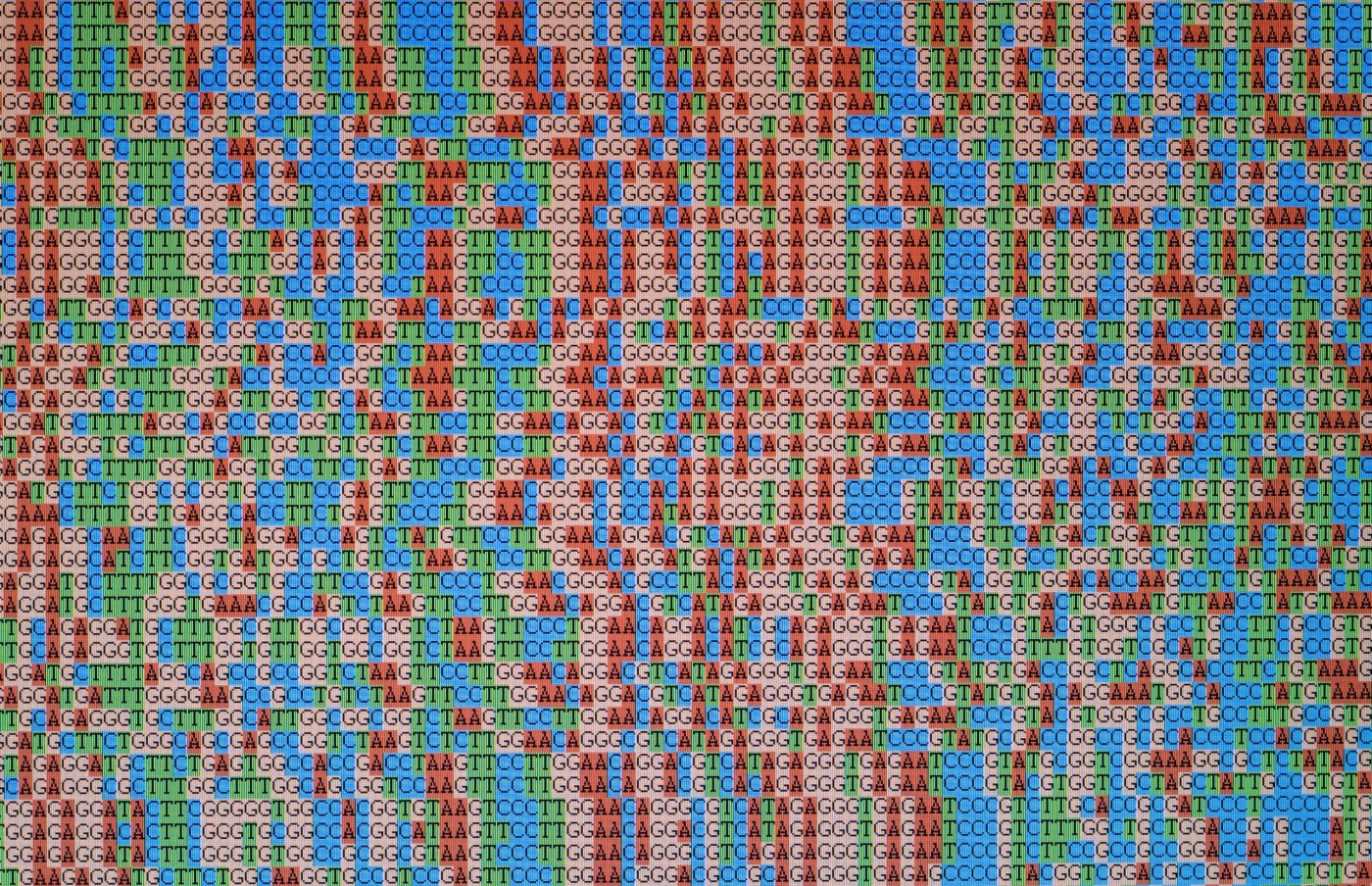Since 2011, more than 875,000 Veterans have donated their DNA to the VA Million Veteran Program (MVP). In the program, VA researchers are sequencing Veterans’ genomes―a complete set of genetic material―to better understand how genes, lifestyles and military exposures can affect a person’s health and risk for illness.
Researchers map the genomes using genotyping―a process that spells out several hundred thousand data points, one-by-one. To fill in any missing data, scientists look to genomes where all data points have been fully sequenced. These genomes are used as a reference to determine the missing letters.
MVP has created whole genome sequences for over 140,000 Veterans. However, it takes time to process this large amount of data and make it available for research. It takes even more time to develop a calculation tool—called an imputation panel―to determine the missing data points that remain when genotyping is complete.

Centrifugation helps scientists extract DNA from a Veteran’s blood sample and prepare the DNA for genetic analysis, either through genotyping or whole genome sequencing.
More accurate and cost effective
In efforts to find a more accurate and cost-effective method for predicting missing genomic data points, VA investigators found a potential interim solution just across town in Bethesda, Maryland: a genomic research program at the National Institutes of Health (NIH).
As part of that solution, MVP has been collaborating with NIH to use a reference panel for imputation.
The panel is run by TOPMed—the Trans-Omics for Precision Medicine Program. The program, funded by NIH’s National Heart, Lung, and Blood Institute (NHLBI), aims to generate scientific resources that will improve the understanding of heart, lung, blood, and sleep disorders and advance precision medicine, an approach in health care that takes into account a person’s gene variants and his or her environment and lifestyle to find the right treatment.
More than 100,000 whole genomes
Since 2014, TOPMed has collected the entire genome sequence of more than 100,000 people. Scientists created a new reference genome and imputation panel based off these whole-genome sequences.
This first-of-its kind imputation panel offers far more statistical accuracy than any previous imputation panels. In that way, it will help scientists develop better treatments specific to a person’s genes and environment.
MVP wanted to find a way to use this tool to improve its genetic database, now one of the largest in the world. The database supports the work of more than 500 researchers across VA. With better genetic data, the researchers can uncover new genetic markers associated with disease in Veterans that could someday revolutionize their health care. As such, MVP leaders set out to strike up a partnership with their colleagues in Bethesda.
A first-of-its-kind genetic collaboration
In 2018, TOPMed and VA began discussions with the goal of using this new imputation panel to re-do genetic analysis on DNA shared by hundreds of thousands of Veterans in MVP.
“The importance of this cannot be overstated,” says Dr. Phil Tsao, MVP’s co-principal investigator in data generation and access. “Using TOPMed’s imputation panel vastly enriches MVP’s genetic database. Over 500 researchers use MVP data to find new genetic markers related to health and illness in Veterans. With better data, they can make better findings. With better findings, we can offer Veterans better care with more laser-focused accuracy.”
More information
Click here to read the full story.
Click here to learn more about VA research.
Topics in this story
More Stories
In a new series that highlights advancements in VA health care, VA researchers and clinicians are appearing on a Veteran-themed media platform—Wreaths Across America Radio—to tout their critical work.
Recently published findings from the VA Disrupted Care National Project […]
Diverse representation of women in health care research allows MVP to make discoveries for women’s health






